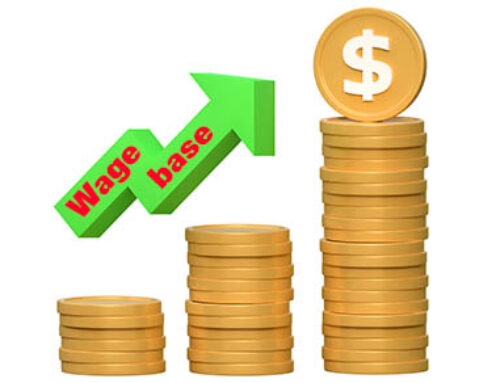If you’re a leader of a private foundation, you’re probably aware of the prohibition against self-dealing transactions between foundations and “disqualified persons.” But what constitutes self-dealing? And who exactly counts as disqualified in this context? It’s important for you to know because financial repercussions for violating the rules can be severe.
Who is disqualified?
The IRS defines disqualified persons as substantial contributors (generally, large donors), foundation managers, owners of more than 20% of certain organizations that are substantial contributors and family members of any of these.
Also disqualified are corporations or partnerships in which any of the previously listed parties hold more than 35% voting power and trusts or estates in which they hold more than a 35% beneficial interest. In addition, persons effectively in control of a foundation are disqualified, as are government officials.
What are they prohibited from doing?
In general, a disqualified person can’t participate in acts of “self-dealing.” According to the IRS, these include selling, exchanging or leasing the foundation’s property. Lending money or extending credit to the foundation as well as furnishing it with goods, services or facilities are also off-limits.
Foundations aren’t allowed to pay compensation or expenses to a disqualified person. Nor can they allow the transfer or use of the foundation’s income or assets by or for the benefit of disqualified persons. Certain payments to government officials and transactions between organizations controlled by a private foundation may also be taxable self-dealing.
What happens if the rules are violated?
Internal Revenue Code Section 4941 imposes a minimum 10% excise tax on most disqualified persons on the amount involved in each self-dealing transaction. Foundation managers — officers, directors or trustees — who knowingly participate in acts of self-dealing face a 5% tax on the amount involved. Notably, participation on the part of foundation managers includes not only affirmative acts, but also silence or inaction where they have a duty to speak or act.
If a violation isn’t corrected, the tax on a self-dealing transaction on disqualified persons other than foundation managers soars to 200%. When this extra tax is imposed, an excise tax of 50% of the amount involved is also imposed on any foundation manager who refuses to agree to part or all of the correction of the self-dealing act.
Are there exceptions?
There are some exceptions to these rules. For example, compensation paid to disqualified persons isn’t an act of self-dealing if the payments are for reasonable and necessary services to carry on the foundation’s exempt purposes. However, you shouldn’t count on self-dealing to be allowed or forgiven.
© 2024




